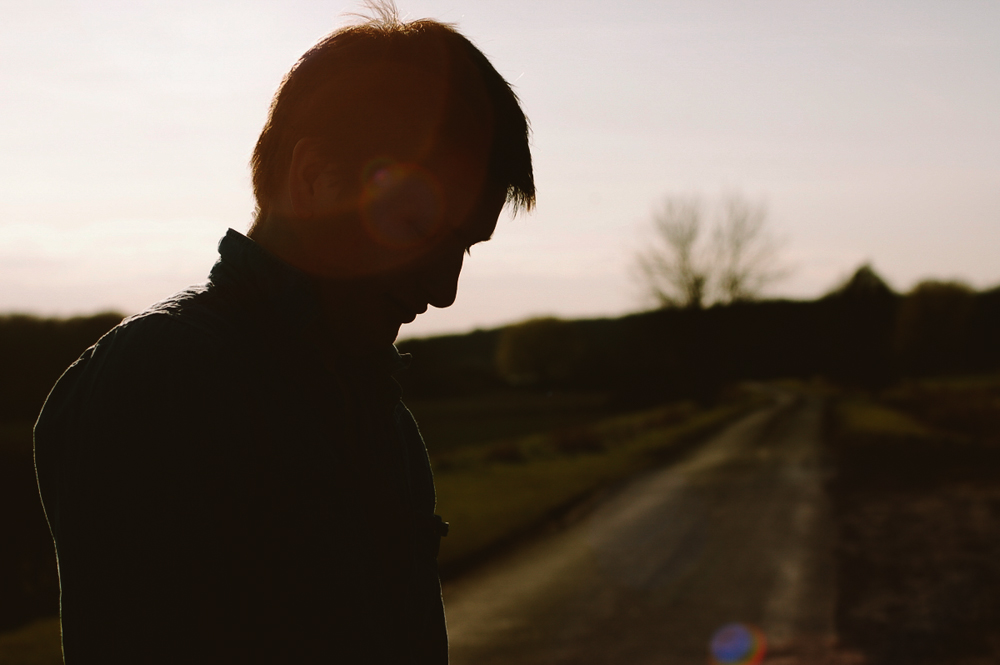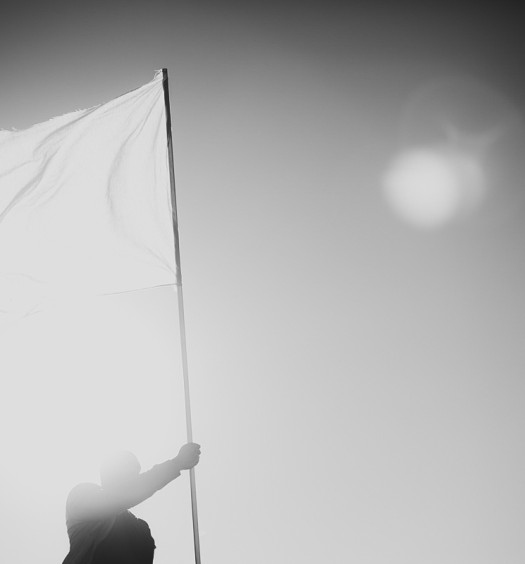Using Mindfulness To Get You Through Your Journey

Photo by Eddy Morton
I come from a past tainted by depression, anxiety and self-injury; and the most common questions I have been asked are “how did I journey into hope and healing?” and “how did I break the cycle of self-harm?’
So to answer that first question, “how did I journey into hope and healing?” It took being mindful, and it required me to be aware, to be present, and to be vulnerable wherever I was within space and time.
Mindfulness promotes the power of thinking about you in a way that is not self-condemning, criticizing or victimizing.
Our thoughts can influence our emotions and when our thoughts are negative, our responses are negative, which ultimately deepens the symptoms of depression.
Learning to dwell within the here and now can give you the space that you need to see your judgments for what they are—false perceptions of your reality. It allows you to see that your circumstances are not definitive of who you are, and you learn how to treat yourself with more grace and compassion.
Being mindful allows you to say “I made a mistake today, and that’s okay” rather than, “I made a mistake today, because I am a mistake.” It is so common for the depressed mind to have you wrapped up in self-pity and suffocated by your woes when you are not intentional with your thinking. Humans make mistakes, humans fail, and humans don’t always get things right, even when we feel like we are trying hard enough. It is irrational to believe that your downfalls are a product of your existence—and it is irrational to believe that your existence is relative to your lack of downfalls.
When you shift your negative thoughts you give them less power, and when you learn to recognize that although negative thinking will always reoccur, you become aware that you have the power to disengage, unplug, and free yourself from the self-shaming cycle.
In my situation, I internalized much of the pent up rage and anger that I had towards others and it was evident from my self-inflicted scars. A lot of my self-harm came from my lack of control for how people treated me, and at times I thought I was deserving of the abuse and the pain that others caused me. Hating myself for it, I hurt myself for it. I misconstrued the language of abuse with love, and began to believe that love can cause you misery just as much as it can cause you joy.
I was always afraid to speak up and I was afraid of letting people go. It is very common that most people who engage in self-harming behaviors do it as a way to express emotions and feelings that they cannot verbalize. For example, silence, which can be deadly. You do not need to remain in your quietness in order to aid the comfort of others. Your story is your poetry and you have the right to share it. So walk away from the people who try to keep you small or try to drown out your sound. You don’t have to journey with everyone; you just want to remain surrounded by the ones who show you love through action, through kindness, gentleness and reassurance. Love should not co-exist with misery—if it does in your world, then it is not love— it is just pure misery.
I wish I could sit here and tell you that some home remedies magically cured me, but that would be deception. Practicing the skill of mindfulness was done in conjunction with years of therapy, which helped me to develop and stick to the tools that I acquired to help me get out of my sorrows.
A life of healing can exist after depression, and self-harm. You must first be patient with yourself, trust yourself, and silence the parts of yourself that try to persuade you to think less of yourself.
FROM THE EDITOR
At Conscious, we feature powerful stories about global initiatives, innovation, community development, social impact and more. You can read more stories like this and connect with a growing community of global leaders when you join as a member.



